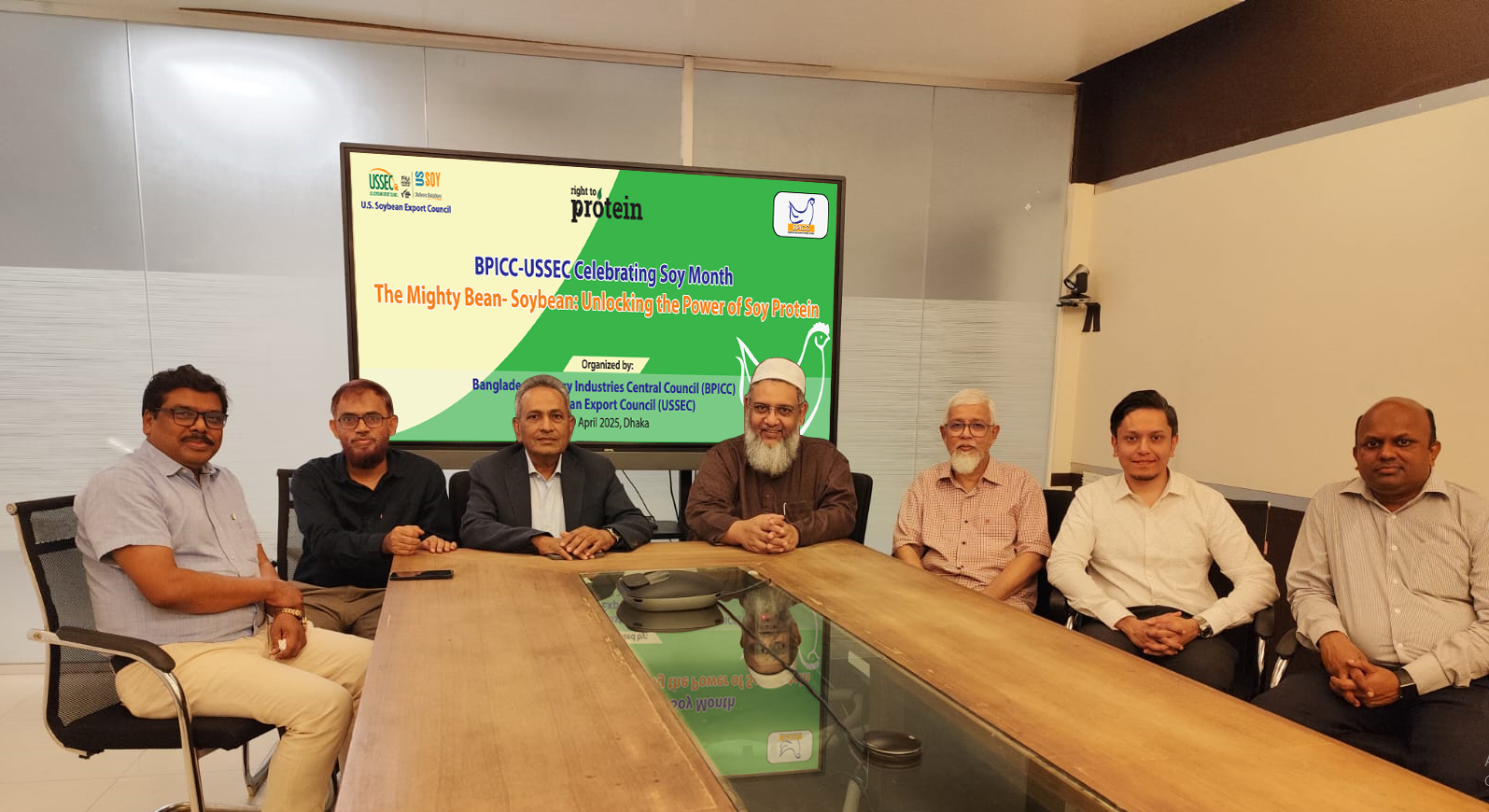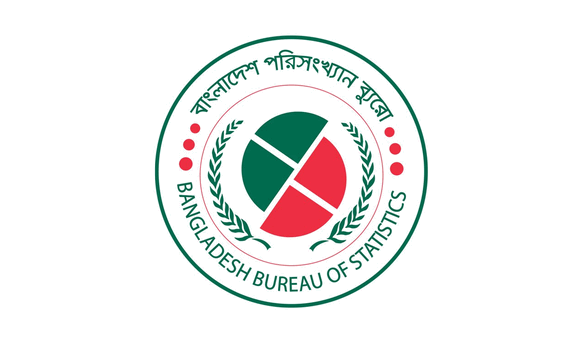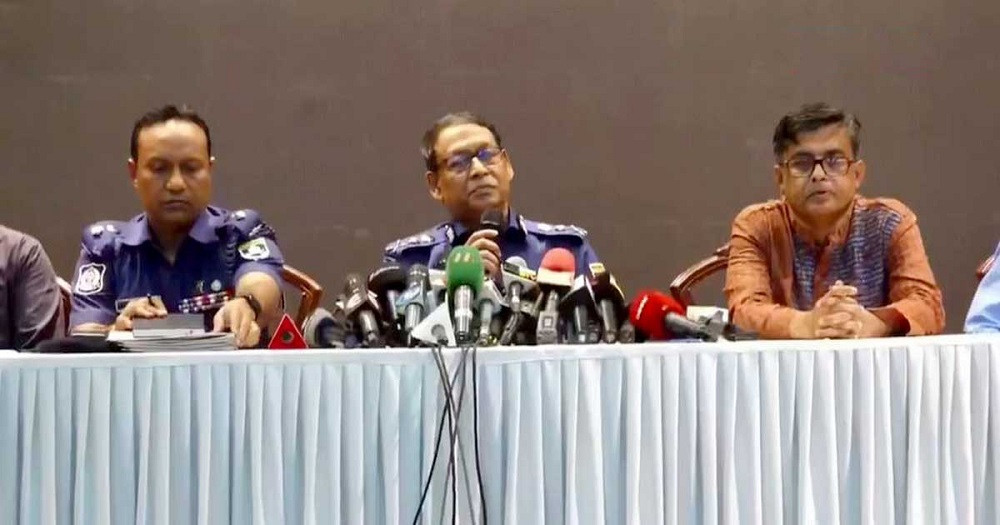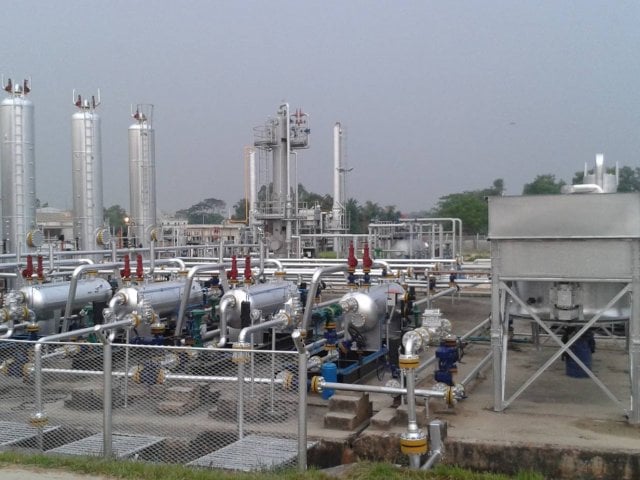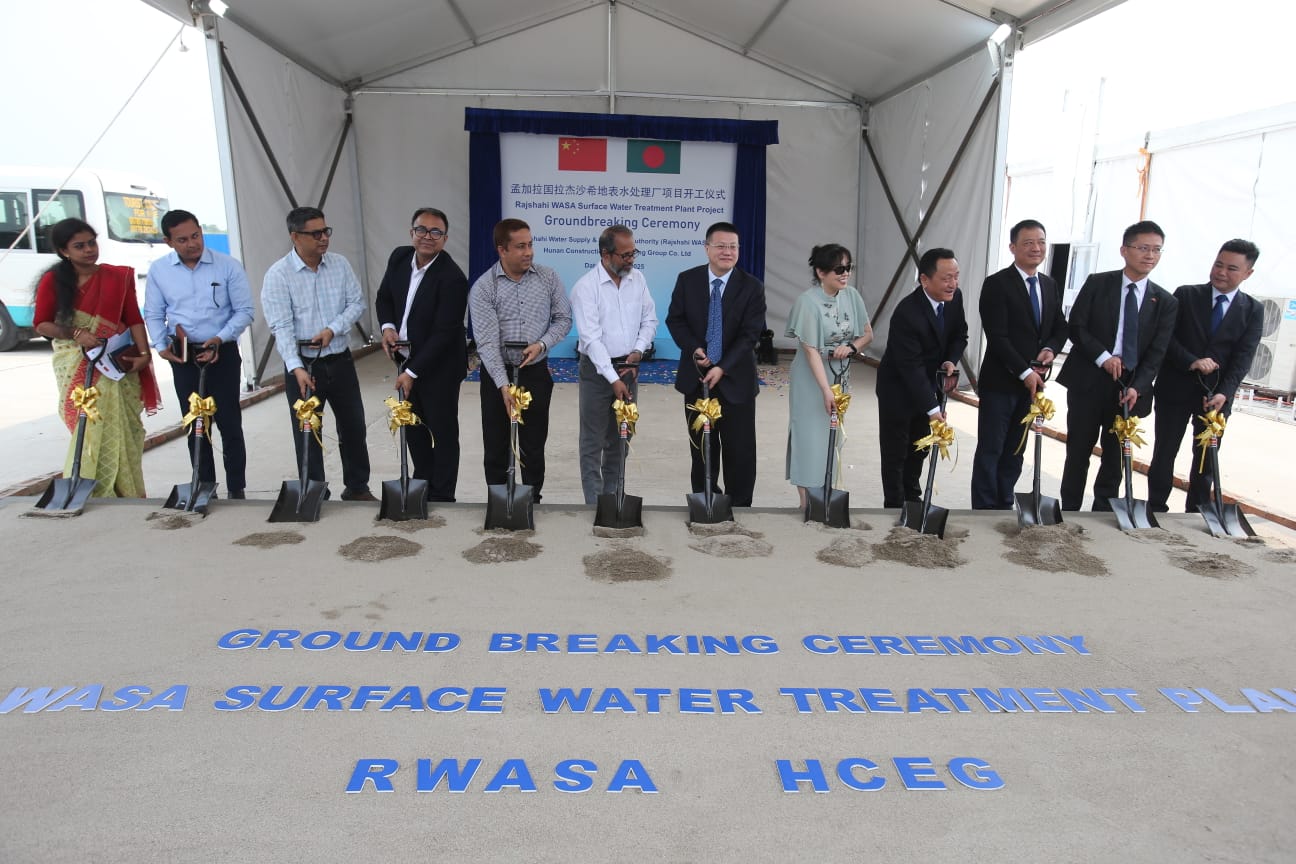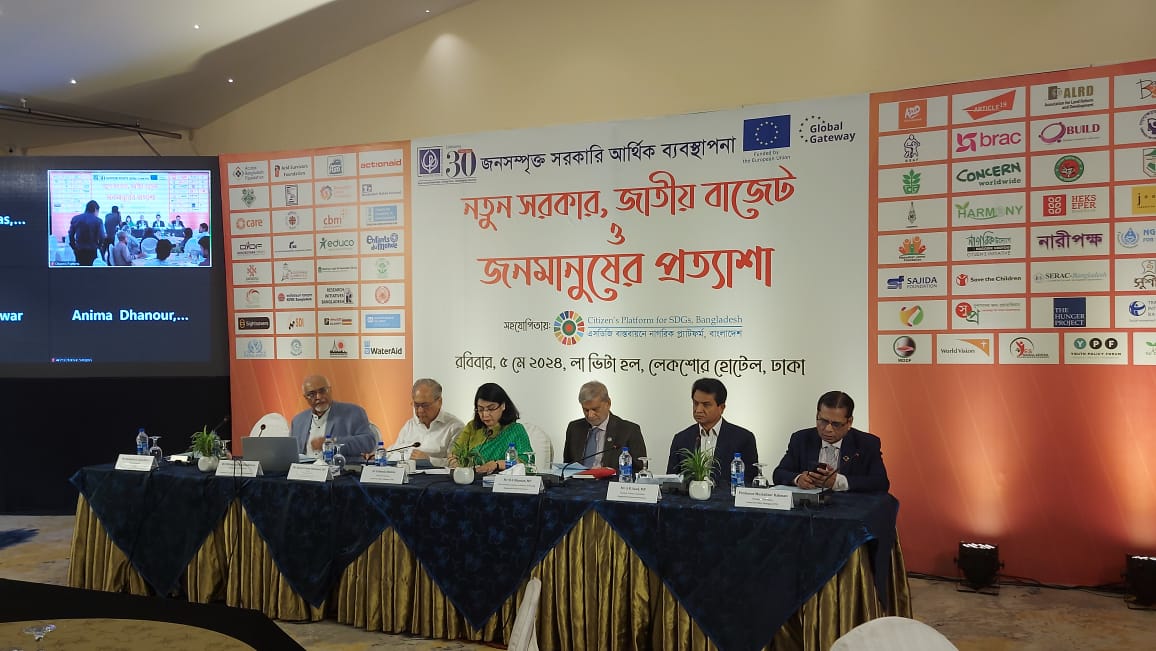
Renowned economist Debapriya Bhattacharya unveils vital budget proposals for the fiscal year 2024-25 to address Bangladesh’s socio-economic needs, highlighting key priorities for the government in the pursuit of citizens’ aspirations.
He came up with the statement in a recent policy dialogue on ‘New Government, National Budget and Citizens’ Aspirations’ hosted by the Centre for Policy Dialogue (CPD) in collaboration with the Citizen’s Platform for Sustainable Development Goals (SDGs) in a city hotel on Sunday.
Dr Debapriya Bhattacharya, Team Lead of the Towards a People-Centric Public Finance Management Project and Distinguished Fellow at CPD, delivered the keynote address.
The event was graced by guest of honor Anisul Islam Mahmud, Deputy Leader of the Opposition and former Minister of Environment and Forests and Ministry of Water Resources, along with M A Mannan, Chairman of the standing committee on the planning ministry, and AK Azad, Member of the Library Committee, Bangladesh Jatiya Sangsad.
Rasheda K Chowdhury, Executive Director of Mass Literacy Campaign and Core Group Member of Citizen Platform, and Professor Mustafizur Rahman, Distinguished Fellow at CPD and Core Group Member of Citizen Platform have provided concluding remarks.
Dr Fahmida Khatun, Executive Director of CPD, chaired the dialogue.
Bhattacharya emphasized the urgent need for the government to prioritize equitable distribution of budget allocations and efficient service delivery, particularly targeting disadvantaged communities.
He stressed the importance of structural reforms to enhance accountability, transparency, and efficiency in resource management across sectors.
The dialogue also shed light on anticipated moves by the government in the upcoming fiscal year, indicating potential constraints on fiscal space, cautious private investment behavior, and limited scope for new tax breaks.
Moreover, measures such as import restrictions, monetary policy adjustments, and subsidy reductions in sectors like power and energy were discussed.
To ensure effective budget delivery and policy objectives attainment, Bhattacharya outlined several key recommendations.
These include a cautious approach to policy adjustments to safeguard the interests of vulnerable communities and smaller businesses, zero tolerance against corruption, and protection of purchasing power for low-income groups, he mentioned.
The dialogue also underscored the importance of domestic resource mobilization, transparency, citizen participation, and strong leadership in the budget delivery process, he added.
Measures such as disaggregated budget reporting, regular parliamentary meetings, and public hearings involving stakeholders were emphasized to enhance oversight and accountability, Bhattacharya mentioned.
As Bangladesh navigates through economic challenges and strives for inclusive development, the insights from this dialogue serve as valuable guidance for policymakers in shaping the upcoming national budget to meet the aspirations of its citizens.




